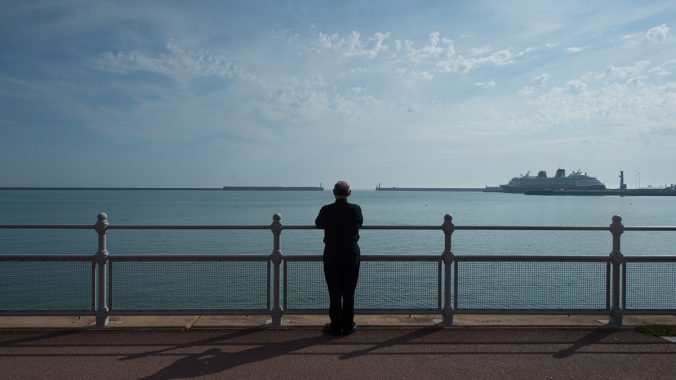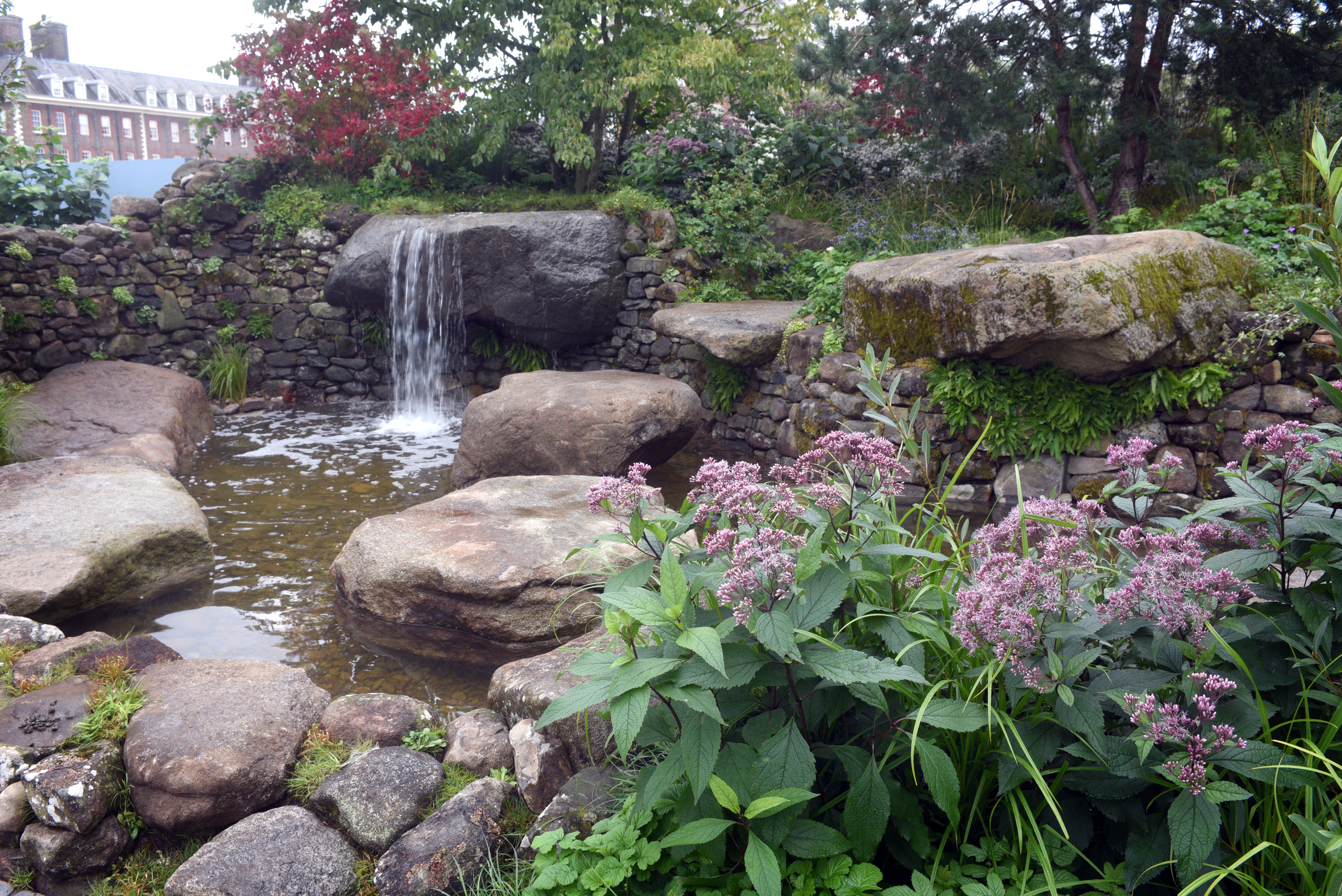Caritas Westminster is among the Caritas agencies urging supporters to write to their MPs to voice “deep concern about the £20 cut to Universal Credit and Working Tax Credit that is scheduled for October.” They are dismayed that as many as six million families will find themselves a crucial £20 a week poorer. The British Government is planning to cut Universal Credit next month, taking away an uplift that was given at the start of the pandemic in March 2020 while the economic impact of that pandemic is still being felt. In a template letter Caritas Westminster warns that the cut will be “taking away £1,040 a year from them, pushing half a million adults and children into serious poverty”. It adds that, “a lifeline that’s left to wear thin and threadbare isn't strong enough to pull families safely through hard times.” They would like the £20 to be made permanent and extended to all those receiving benefits. In their work with hundreds of social action projects run by parishes and schools to support those struggling in their local community, they see the hardship facing many people daily. “We want the Government to understand how hard this cut will hit those we work with” the said, “and want them to reverse their decision to take away £20 a week from those on the lowest incomes.” In early September the Caritas Social Action Network (CSAN) co-signed a joint open letter to the Prime Minster calling on him not to go ahead with the planned £20-a-week cut to Universal Credit and Working Tax Credit, due to come into effect on 6 October.
Little Amal, an 11-foot puppet of a refugee girl from Syria representing displaced children, is coming to London and being welcomed at Westminster Cathedral, having already met Pope Francis. The puppet is visiting the capital from 22 – 25 October as part of The Walk, a travelling festival of hope created by Good Chance Theatre and Handspring Puppet Company. The puppet is travelling to Manchester from the Syrian border in search of her mother, in a bid to highlight the stories of the millions of displaced refugee children she represents with the message to the world: “Don’t forget about us”.
Demand for the essential services of Crosscare, the social care agency of the Archdiocese of Dublin, increased in 2020 at the same time as funding decreased. In a letter to parishioners appealing for support for the agency, Archbishop Dermot Farrell highlighted that the homeless and those in need relied on Crosscare for shelter, food, help and support during the pandemic. Some families, who previously did not need support before, turned to Crosscare for help for the first time in 2020. “Every day, people in need of support are welcomed by Crosscare in a spirit of respect, dignity and love,” the Archbishop said. When the Covid crisis began at the start of last year, the charity provided 100 extra beds for homeless people to ensure compliance with social distancing and health guidelines. Demand for food in Crosscare community cafés and community foodbanks has remained high throughout the pandemic. However, income for the charity dropped by €410,000 and grants were down by €762,000. Crosscare’s chief executive Conor Hickey said 2021 was proving to be another challenging year. “Sadly, the Covid crisis particularly affects the most vulnerable,” he said.
Bishop Martin Hayes of the Irish Bishops’ Council for Justice and Peace called for pressure to be put on political leaders to tackle the climate crisis. Speaking ahead of a Council for Justice and Peace webinar on Healthy Planet and Healthy People – the Catholic Petition, the Bishop of Kilmore said Pope Francis’ attendance at Cop26 in Glasgow in November was “a powerful expression of the Catholic Church’s commitment to saving our planet at this crucial time”. He said the petition, which is an initiative of the Dicastery for Integral Human Development, is an important statement from Catholics and others that change and forthright leadership on this question is “urgently required”. The petition asks the Presidents of COP15 (China) and COP26 (Glasgow) that world leaders tackle the climate emergency and biodiversity crisis together. Separately, Bishop William Crean of Cloyne has appealed to people to make sacrifices in their lifestyles and choices to help alleviate the cost on those whose lives are being shattered by the climate crisis.
As Loyalist marching begins again in Scotland, after a break due to lockdown restrictions, the Deputy Chief Constable of Police Scotland has called on the country to deal with sectarianism. Speaking to BBC Scotland on the eve of a series of Orange walks in Glasgow, DCC Will Kerr said: “Sectarianism is a problem in Scotland and I’ve been surprised at the level of it in some parts”. Orange walks in Glasgow have been re-routed to avoid confrontations outside Catholic churches, where quiet protests against marching have been conducted. Three vigils [[will be//were]] conducted [[this/last]] weekend outside churches passed by the marches. The Grand Master of the Grand Orange Lodge of Scotland said that the order has “always believed in civil religious liberty for all people, and that includes us; we are entitled to be there.”
On 15 September, the feast of Our Lady of Sorrows, Bishop Nicholas Hudson celebrated Mass at St Gabriel of Our Lady of Sorrows, Archway. The Mass marked the unveiling of a new painting of Our Lady of Sorrows by Alexander Talbot-Rice.
Bishop Kevin Doran has expressed regret that a condition of state funding for charities quite often results in the conscious removal of the original Christian inspiration. In his homily themed, ‘Faith Involves Being Doers of the Word’ at Sligo Cathedral, the Bishop of Elphin said receipt of state funding has resulted in many charities, which began as initiatives of the Churches, becoming “disengaged” from the community of faith. He paid tribute to the thousands of people all over Ireland, who devote time, energy and money to serve others, supporting the poor and the homeless, helping people who struggle with addiction or women in crisis pregnancy, reaching out to victims of domestic violence, or bringing meals on wheels to the elderly. Noting that many charities have come to depend more and more on state funding, Bishop Doran said it was important that a modern republic should live up to its responsibilities for all its citizens, especially if they are in greater need. “As Christians, we need to work closely with civil society, but we also need to make sure that our faith doesn’t lose the essential dimension of good works. If a parish or a Diocese loses its sense of welcome for and closeness to the poor or those in need of any kind, then it has lost its way,” he said. SMD
Award-winning designer Sarah Eberle has designed a garden at this year’s RHS Chelsea Flower Show on the theme of Psalm 23 (The Lord is my Shepherd) for the Bible Society, which is hoping it will lead to the creation of community gardens around the country as people emerge from the pandemic. Prof Paul Williams, chief executive of Bible Society, said: “We’ve all spent too long apart over the last year. It would be wonderful to create community gardens together as a positive way of emerging from the pandemic. Those gardens will unite people, and be beautiful sanctuaries for many years to come.” He added: “The psalm paints a vivid picture of the restfulness of creation, of our experience of journeying under the shadow of death, but also of the promise of a place of arrival that is a beautiful sanctuary. We hope that gardening – which so many Britons love – will enable people to reflect on the psalm as they sow and plant.” Sarah Eberle said: “Creating a community garden gives us an opportunity to overcome the loneliness that we’ve all felt, and to work together, growing flowers that will brighten our spirits.” The garden won numerous awards at Chelsea, including a coveted gold medal.
John Wilson, chief executive of the ecumenical charity Liverpool Seafarers Centre, has called on the shipping industry to make Covid-19 vaccinations compulsory for seafarers. At present, the shipping companies and crewing agencies who supply workers to their vessels recommend that crew members be vaccinated, but vaccinations are not mandatory. Wilson said the welfare of seafarers must come first. “If you have been vaccinated, the likelihood of serious illness or death is limited. It's not eroded completely, but the chances of you dying or having to be hospitalised are reduced greatly, as is the case for everyone,” he said. “It is a sensible way forward.”



 Loading ...
Loading ...